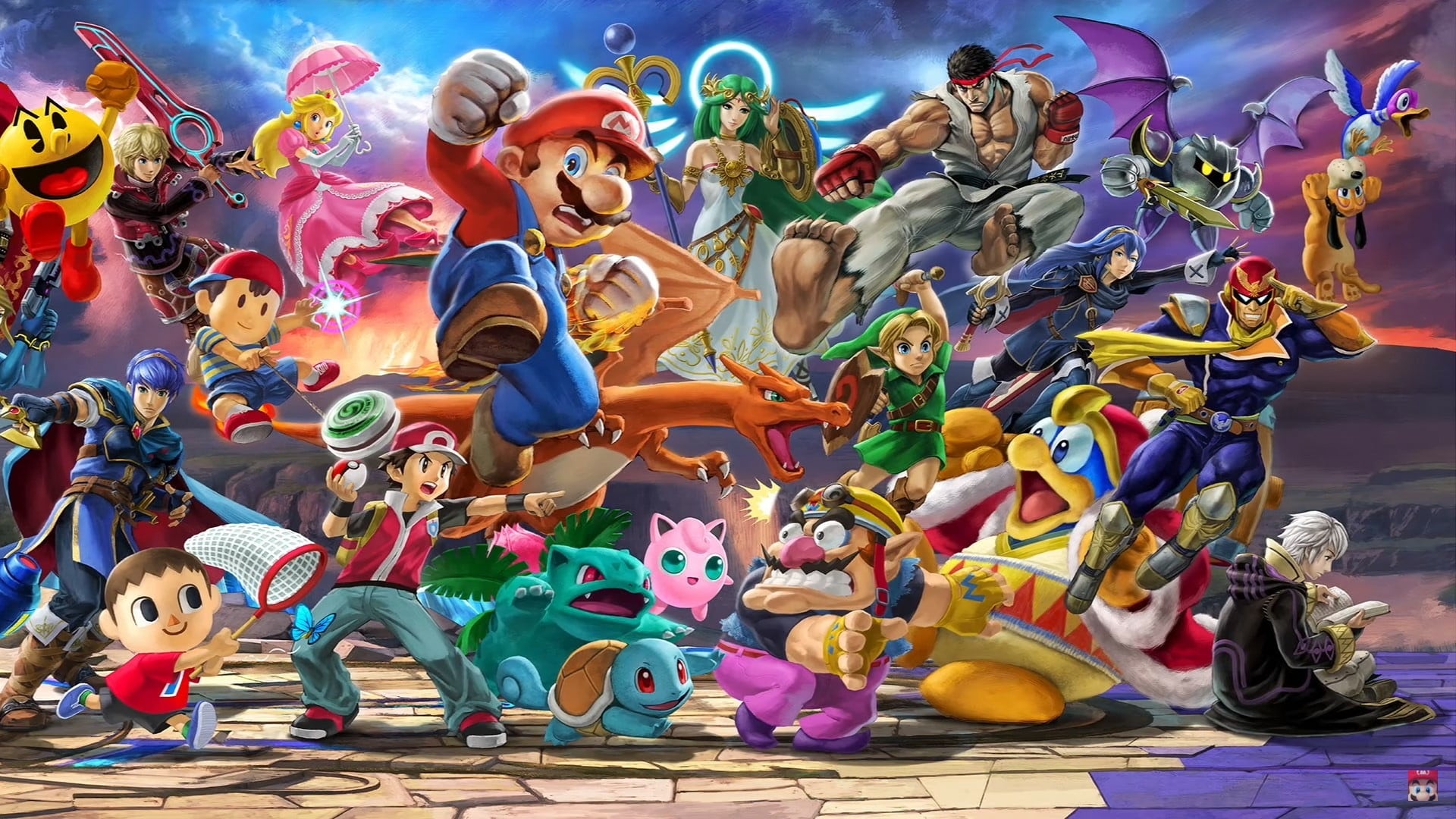
Summary:
We delve into the legal showdown between popular streamer Ludwig and gaming giant Nintendo. It all started with Ludwig’s bold move to modify a Super Smash Bros. level during his Ludwig Ahgren Championship Series in July 2023. We uncover the details of Nintendo’s legal action, the implications of the Notice of Infringement of Intellectual Property, and Ludwig’s rationale for the modification. The article also discusses the impact on competitive gaming, changes in tournament guidelines, and the broader debate about game developer control in public events. Join us as we navigate the controversies and ongoing discussions within the gaming community.
A Controversial Super Smash Bros. Modification
The gaming world witnessed a legal clash of titans in July 2023 when popular streamer Ludwig Ahgren found himself in the crosshairs of gaming giant Nintendo. The trigger? Ludwig’s daring attempt to modify a Super Smash Bros. level during his very own Ludwig Ahgren Championship Series. What followed was a legal saga that sent shockwaves through the gaming community and raised profound questions about the relationship between content creators and game developers.
The Ludwig Ahgren Championship Series
To understand the context of this controversy, we must first dive into the Ludwig Ahgren Championship Series, a gaming tournament hosted by Ludwig himself. Known for its high-stakes competitions and passionate community, the tournament aimed to push the boundaries of competitive gaming.

Nintendo’s Legal Action
Nintendo, a company renowned for its strict control over its intellectual property, didn’t take kindly to Ludwig’s modifications. They swiftly initiated legal action against the streamer, setting the stage for a battle that would captivate the gaming world.
Super Smash Bros. Level Modification
Ludwig’s audacious move involved altering a Super Smash Bros. level, specifically the Pokemon Stadium. His goal was to freeze certain elements of the level, with the aim of increasing competitiveness and reducing the influence of luck-based factors in the game.
The heart of Nintendo’s legal challenge lay in what they termed an Infringement of Intellectual Property. This notice implied that Ludwig’s tournament must adhere to Nintendo’s rules, including refraining from modifying their games. This raised questions about the limits of creative expression within the gaming community.
Pokemon Stadium Level Enhancement
Ludwig’s rationale for the level modification was clear: to enhance competitiveness. By eliminating certain variables, he sought to create a more level playing field for participants, a goal shared by many competitive gamers. The modifications to the Pokemon Stadium level did indeed impact the competitiveness of the tournament. However, opinions on whether this was for the better or worse were divided among both players and spectators.
Changes in Tournament Guidelines
As a consequence of Nintendo’s legal action, the landscape of gaming tournaments faced a seismic shift. Changes in tournament guidelines were implemented, affecting not just Ludwig’s event but potentially altering the future of competitive gaming.
Ludwig’s Perspective
In the midst of this legal storm, Ludwig Ahgren shared his perspective on the matter. He discussed the challenges he faced, his creative intentions, and the implications of Nintendo’s actions on the gaming community. The gaming community, ever-vocal and passionate, had its say on the matter. Some rallied behind Nintendo, emphasizing the importance of intellectual property protection, while others defended Ludwig’s right to modify the game within the confines of his tournament.
Game Developer Control in Public Events
This incident sparked broader discussions about the control that game developers exert over their titles in public events. The delicate balance between intellectual property rights and creative freedom was thrust into the spotlight. As the dust settled, the incident continued to reverberate through the gaming world. Ongoing discussions centered on the evolving relationship between content creators and game developers, and the need for clearer guidelines in the burgeoning world of esports.
Conclusion
The controversy surrounding Ludwig Ahgren’s Super Smash Bros. level modification during the Ludwig Ahgren Championship Series in July 2023 has ignited a firestorm of discussions within the gaming community. Nintendo’s legal action and the subsequent changes in tournament guidelines have raised important questions about the extent of game developer control over public events. As the gaming world continues to evolve, it remains to be seen how this incident will influence future competitive gaming and the relationship between content creators and game developers.
FAQs
- 1. Q: What led to Nintendo’s legal action against Ludwig?
- A: Nintendo took legal action due to Ludwig’s modification of a Super Smash Bros. level during his tournament, citing infringement of their intellectual property.
- 2. Q: What were Ludwig’s intentions behind modifying the Pokemon Stadium level?
- A: Ludwig aimed to enhance competitiveness and reduce luck-based factors in the game by freezing certain elements of the level.
- 3. Q: How did the gaming community react to Nintendo’s legal action?
- A: The gaming community had mixed reactions, with some supporting Nintendo’s stance on IP protection and others defending Ludwig’s creative freedom.
- 4. Q: Did Ludwig’s tournament face any consequences following the legal action?
- A: Yes, Nintendo’s legal action resulted in changes to tournament guidelines, affecting how future events are conducted.
- 5. Q: What broader discussions has this incident sparked within the gaming community?
- A: This incident has led to debates about the control game developers exert over their titles in public events, touching on issues of intellectual property, competitive gaming, and content creation.













